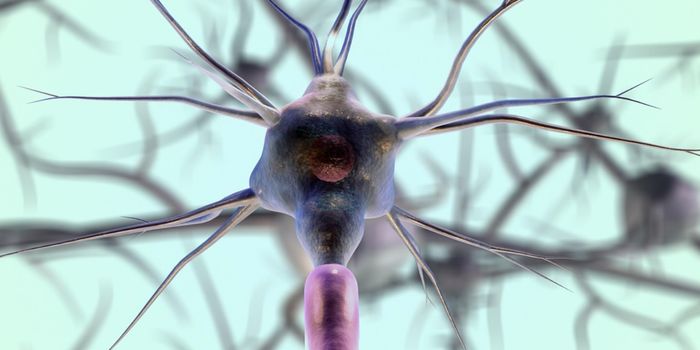Early Treatment Reduces Depression Risk by 42%

Major depressive disorder (MDD) is among the most common mental health conditions around the world, and its incidence has been rising for the last 20 years. While many treatments exist for the condition such as pharmacotherapy, psychotherapy, and digital interventions, their impact is often modest. Preventative approaches for depression may thus be useful for mitigating the overall prevalence of MDD.
"Typically, treatment for depression only starts, when the symptoms meet the clinical criteria. However, in recent years, there has been a shift in thinking. We examined the existing scientific studies on the subject to determine whether early interventions can prevent depressive disorders,” said study author David Ebert, Professor of Psychology and Digital Mental Health Care at the Technical University of Munich (TUM), Germany, in a press release.
In the current study, researchers conducted a systemic review of 30 studies alongside an individual participant data meta-analysis of 10 studies. They included data from randomized controlled trials that demonstrated the effects of psychological interventions for MDD onset in adults with subthreshold depressive symptoms and no MDD at baseline.
Interventions generally lasted between six and twelve sessions and were conducted either in person or online. They included aspects of behavioral therapy, problem-solving training, or exercises for improving sleep.
Ultimately, participants who underwent a psychological intervention were 42% less likely than controls to develop MDD within the first six months of treatment. After 12 months, the intervention group was still 33% less likely to develop MDD.
The researchers noted, however, that interventions were generally more successful if participants had not previously undergone treatment for depression.
“We conclude that psychological interventions for depression prevention might serve as an effective strategy to alleviate the disease burden of depression at an individual and societal level,” wrote the researchers in their study.
“Given the significant burden of depression, clinicians and policy makers should consider preventive psychological interventions as a viable option for individuals with subthreshold depression,” they concluded.
Sources: Science Daily, The Lancet Psychiatry








